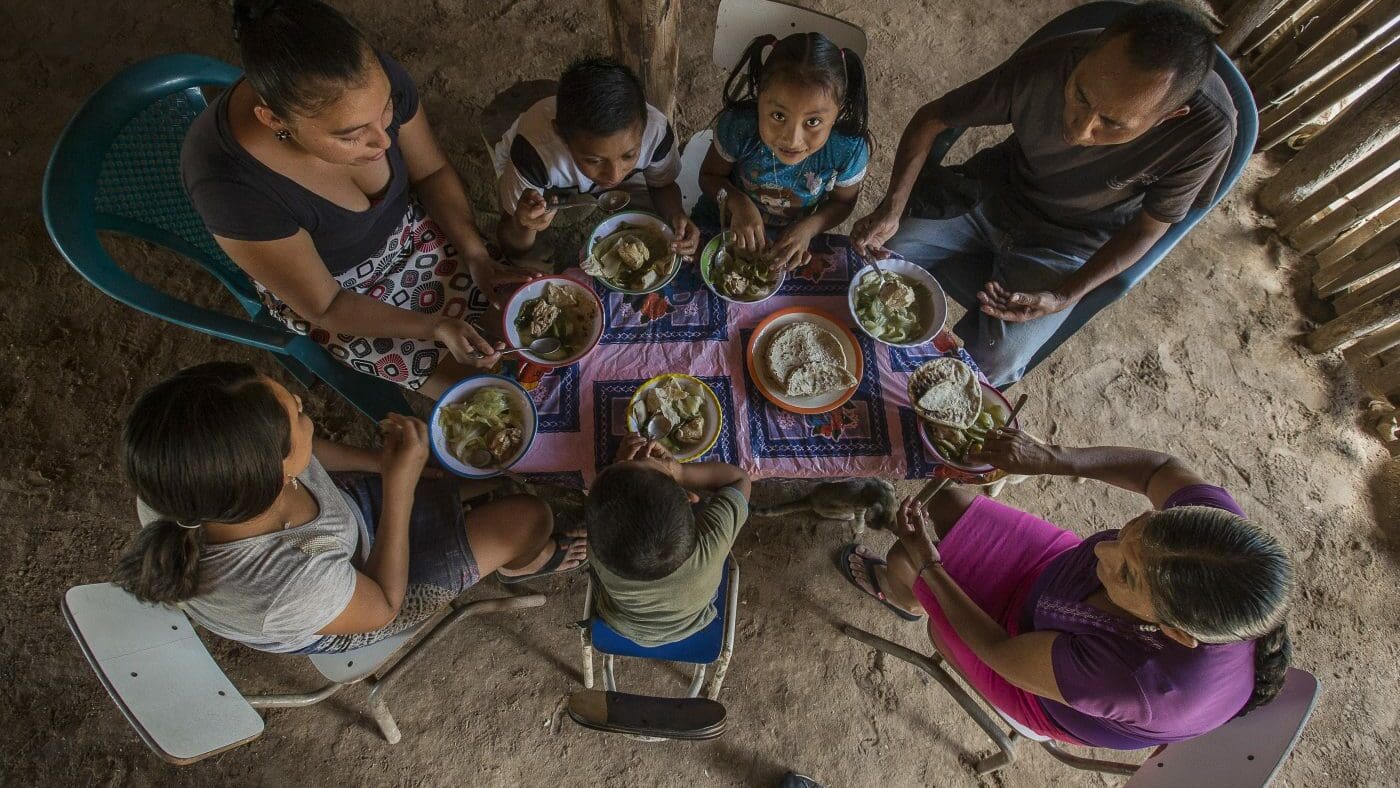
EL SALVADOR:
A Tale of Violence & Hunger
El Salvador has one of the highest murder rates in the world – outside war zones. On top of that, poverty and inequality drive thousands, including unaccompanied children, to flee the country every year.
population of El Salvador
of children under 5 suffer from chronic malnutrition
of people live in poverty
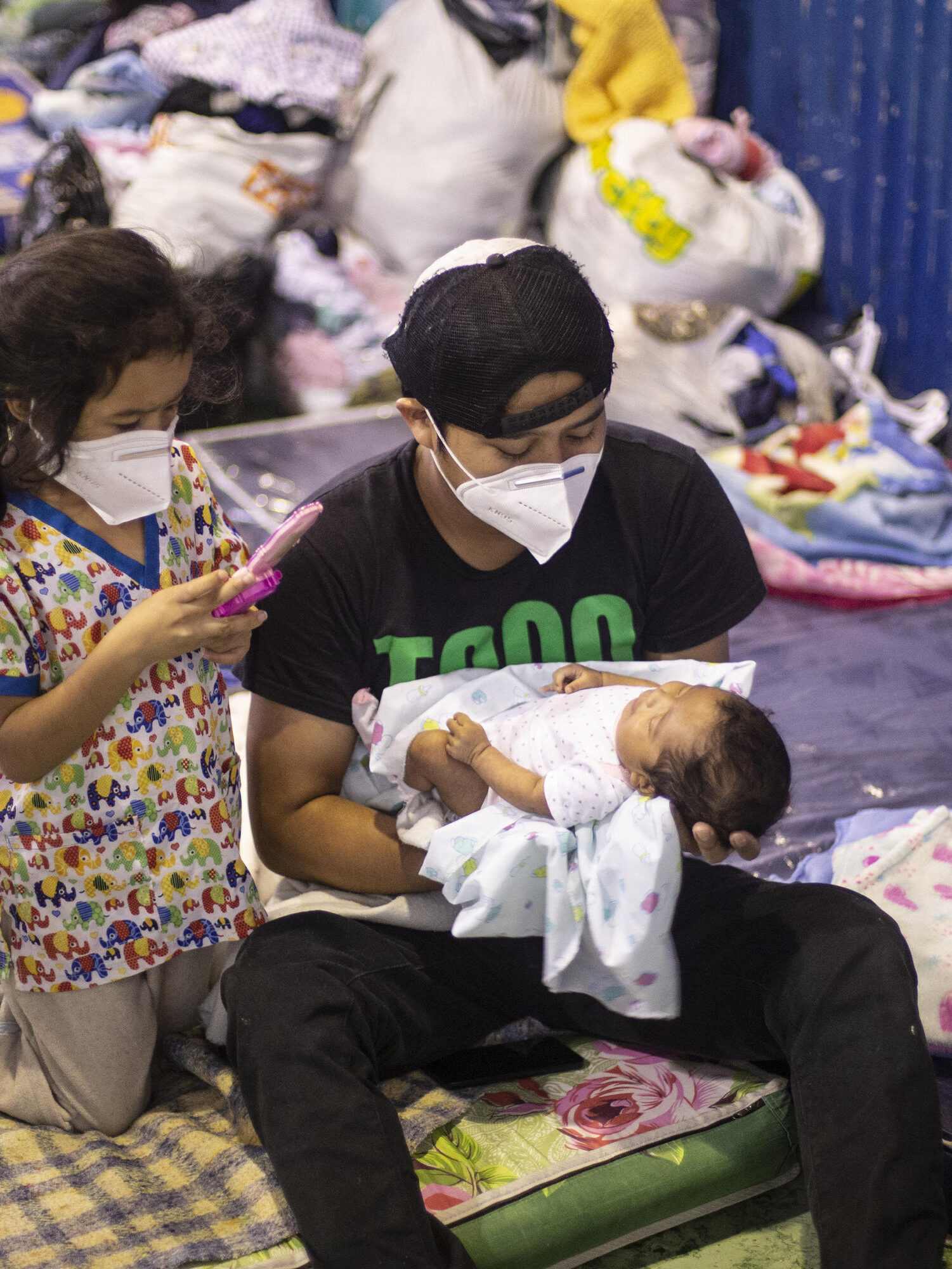
Growth and loss
El Salvador is the smallest and most densely populated country in Central America. Over the past decade it has made significant progress in reducing food insecurity and malnutrition, with the rate of stunting (low height for age) in children under 5 dropping from 19 to 14 percent between 2008 and 2014. Acute malnutrition levels remain low at 2 percent.
On top of extreme violence, poverty and inequality continue to pose major challenges to development: these cause thousands to leave the country every year. There are currently some 2.5 million Salvadorans living in the United States alone.
Fueled by poor access to nutritious food, scarcely diversified diets – poor consumption of vegetables and fruits – and a lack of nutritional awareness, three major nutritional problems overlap in El Salvador: stunting (caused by malnutrition) in children under five years of age; anaemia in women of reproductive age; and obesity and overweight in adults (also seen increasingly in children).
Vulnerability to volcanic eruptions, earthquakes and severe weather conditions – also exacerbated by El Niño which causes alternating floods and droughts – affects the sustainability of El Salvador’s food systems. The country is heavily dependent on import for main staples like rice, beans and corn. All the wheat and rice consumed nationally is imported. Farmers only account for 14 percent of the economically active population, and the vast majority of them are subsistence smallholders farmers producing mainly staple food – maize and beans — and living on less than $200 a month.
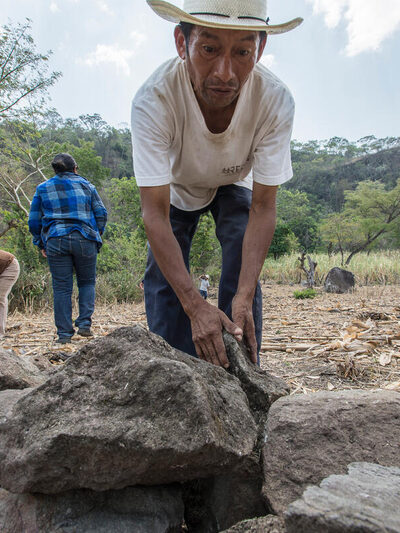
WFP’s Work in El Salvador
The U.N. World Food Programme is on the ground working to ensure that all Salvadorans have equal access to food, to maintain good nutrition for a healthy and prosperous life. Here’s what we’re up to:
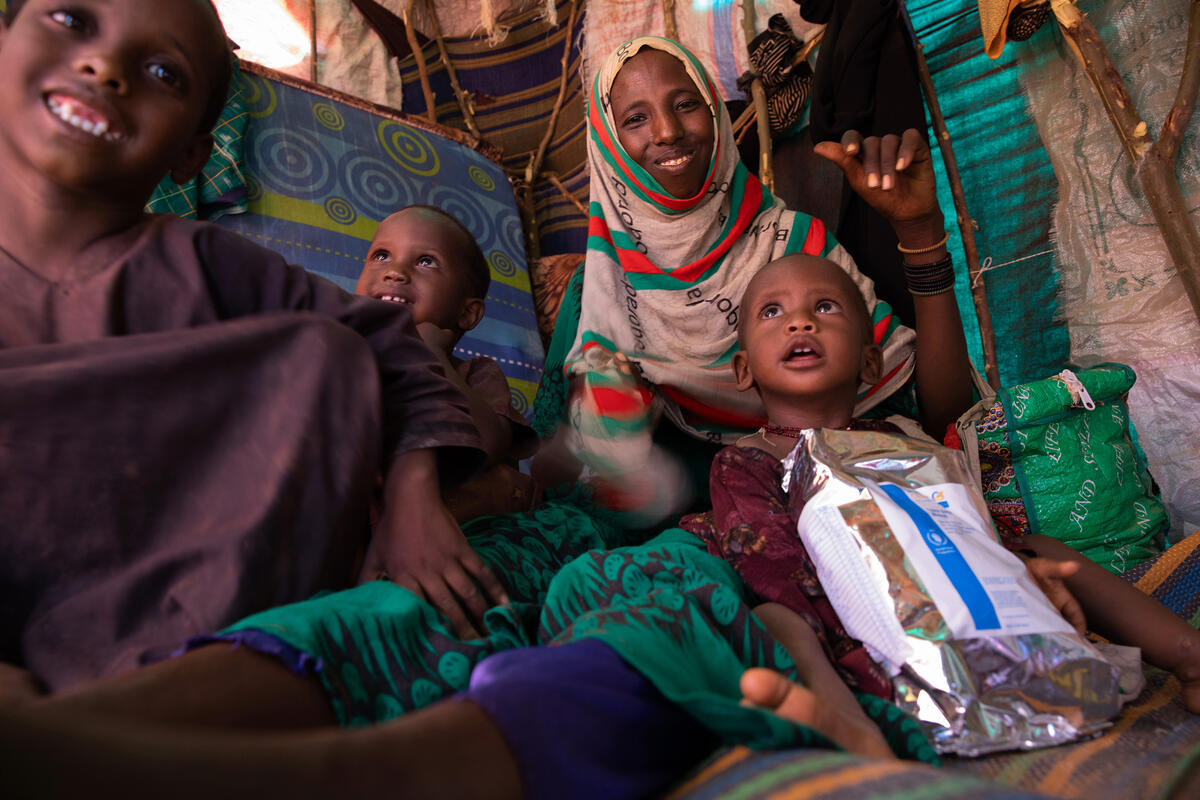
We provide food assistance including cash to people affected by multiple crises including drought, floods/tropical storms and the socioeconomic impact of external factors such as the COVID-19 pandemic and global food price increases. WFP incorporates early-recovery activities that equip beneficiaries with the technical skills to produce food or diversify their livelihoods. Productive assets are built, including family and community gardens, and drip-irrigation, water-harvesting and solar pumping systems.

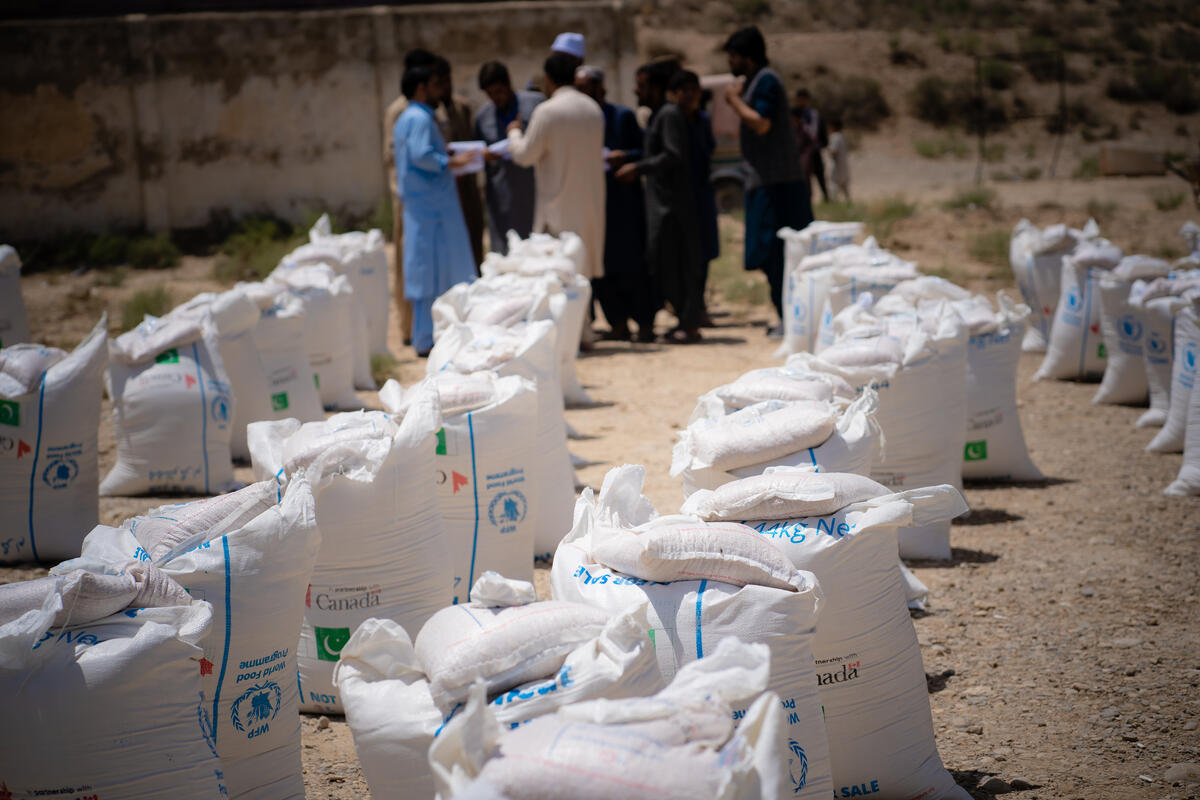
We also build resilient and sustainable food systems through initiatives like gastronomy certification, which develops young people’s skills for potential employment, supports smallholder farmers, and links trainees and local food producers with restaurants and hotels. WFP supports the creation and reactivation of small enterprises, to produce food and diversify livelihoods. WFP uses climate insurance to help communities reduce the risk of unpredictable weather conditions and build resilience.

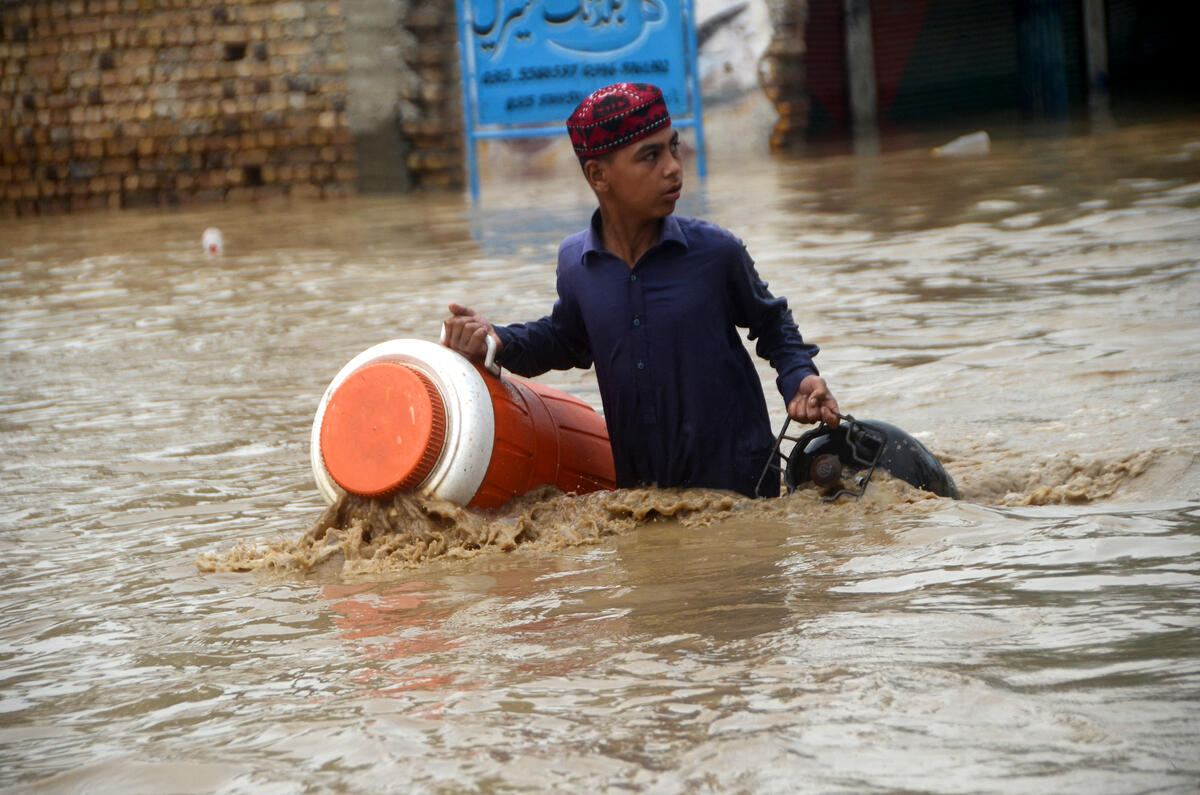
And we strengthen the capacity of government institutions in areas such as supply chain, social protection systems, nutrition and education. Based on food security analysis, WFP shares information that contributes to informed decision-making. WFP supports the national school-feeding program through different initiatives, including the production of a nutritional drink.

Help Save Lives by Sending Food
You can help deliver food to vulnerable populations in El Salvador and other countries by donating to WFP.
What’s happening in El Salvador?
Read the latest stories of hunger and hope.


